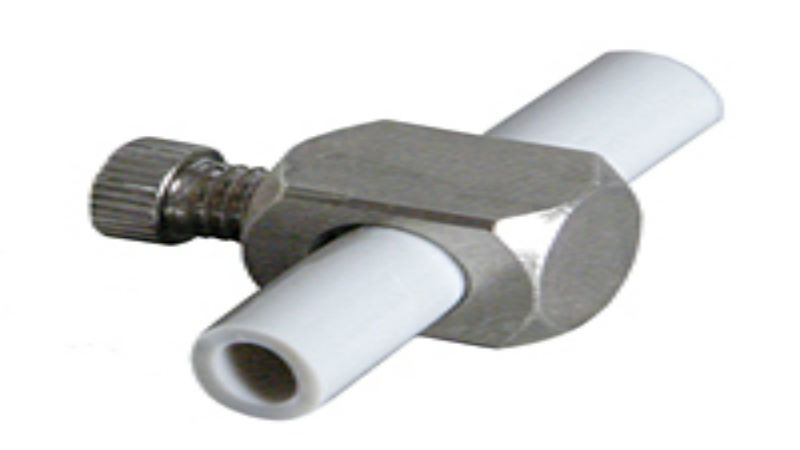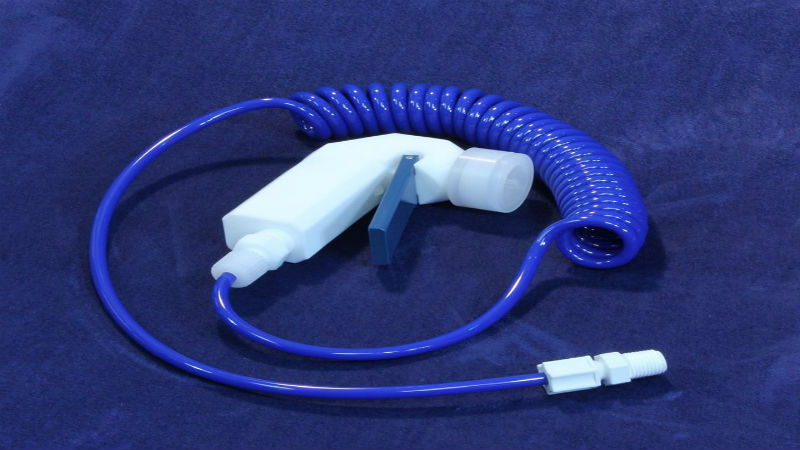Brass has long been a metal that is used in a wide variety of different applications and components. Brass is a combination of copper and zinc, and it is one most durable alloys available. There are different types of brass alloys, but in general, this is a low-cost, easy to work with metal that can stand up to use in even harsh environments.
PVC or polyvinyl chloride is thermoplastic, which means it is ideal for injection molding and the production of seamless types of parts and components. It is highly resistant to corrosion, can tolerate pressure ranges, and PVC has a top strength to weight ratio.
Choosing Ball Valves
Making the choice between a PVC ball valve and a brass ball valve is often based more on the application than a benefit of one valve option over the other. In outdoor applications where there may be direct UV exposure or exposure to extreme heat and cold, the brass ball valve is usually considered the longest-lasting option. Brass does not become brittle with these types of temperature extremes combined with exposure to UV light.
As a general rule, the type of pipe or tubing also has an impact on the type of ball valve in use. While it is possible to use a brass ball valve with PVC pipe , the metal and the plastic have different expansion and contraction rates, which can create a risk for leaks.
If this is not a concern, or if the system temperature issues do not vary significantly, the weight difference may be a deciding factor. Brass valves are heavier than PVC ball valves, which may put additional pressure on tubing or piping. Brass valves can be mounted, if needed, to offset this weight on the tube or pipe.


